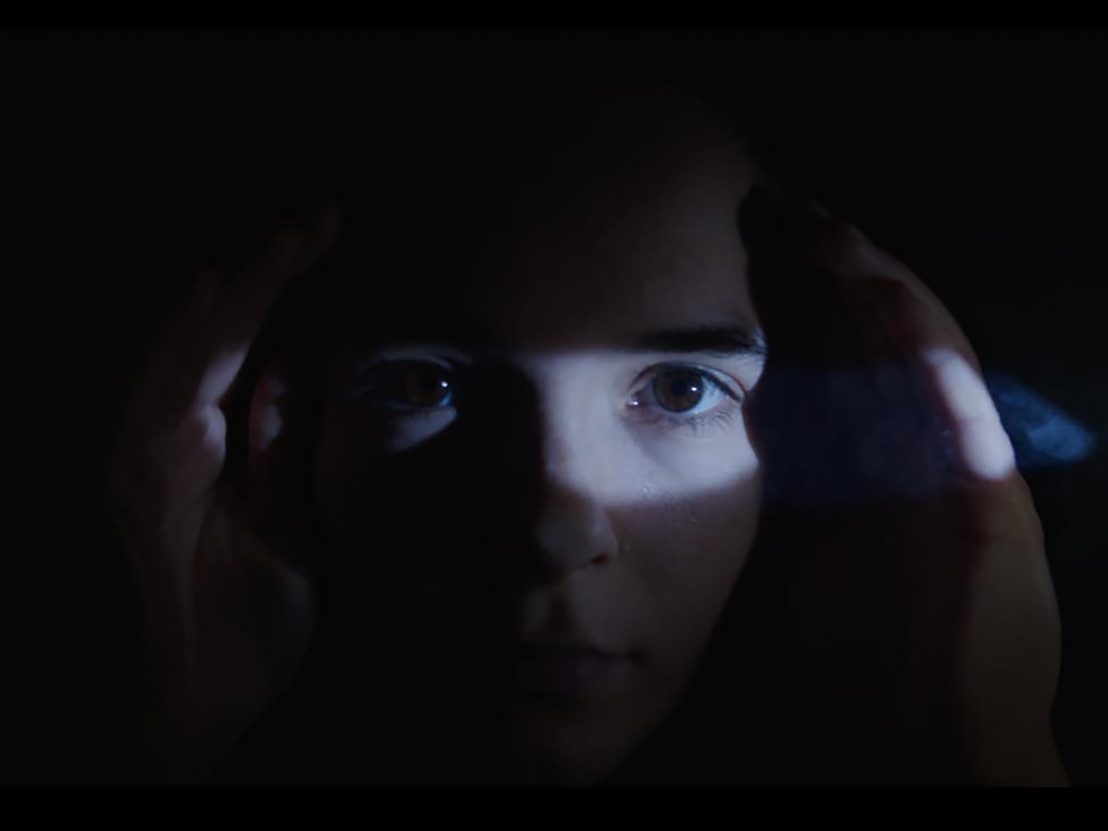
How do programmers assess films for a festival selection? We find out from one of the Oxford University Student Film Festival team.
It seemed to be permanently dark in the week between Christmas and New Year’s. Even at 3pm, when a new batch of films would arrive on the Facebook message board, lamps would be on and curtains closed. The day was already over. Yet here waited another four hours of short films ready to be scrutinised and ranked. I’ve often had arguments with my friends as to whether you should rate films on a 5-star scale or out of 10. Should I use decimal points? Am I rating for artistry or enjoyment? Is a numerical value ever enough to describe an entire film or even a short one?
In watching the student films that had been submitted in this year’s Oxford University Student Film Festival I was struck with similar questions: is it fair to rate a student film poorly knowing it was likely made on a minuscule budget? How do I adjust my rating system to fit low-budget shorts instead of big-budget features?
Like most people who spend time assessing films, I sometimes forget even with talent, creativity and commitment, managing to get any film off the ground is miraculous. But my job along with the rest of the submissions team was to pit the films against each other and decide which would be worthy of showing at the festival.
Most people consume films for entertainment – even a self-confessed cinephile or Letterboxd warrior (myself included) wouldn’t be so invested if not for the joy that film brings to their lives. Having a purpose behind watching films changes this. Every submission, from the stories of war, stop-motion animations and comedy sketches, deserved to be seen, and judging a short turned out to be vastly different from judging a feature.
The complex plots seemed to flop and the single-scene character studies shone. I wanted something that leant into the time constraints, that took its modest budget and lack of equipment in its stride. Many focused heavily on the experience of student life, but it was the bolshy stories and authentic docs that proved the most exciting.
Students from across the country bet on me as their audience, hoping that I would enjoy the stories they wanted to tell, or could see the artistry within them. Students from as far afield as the Tisch School in New York City hoped that their fellow film-loving students would give their hours of work time on the big screen. Yet watching these films alone in a dark and dank office at the end of the day, at the end of the year, I was struck by an odd feeling as though I would be one of the only people to watch some of these films, produced in the age of neverending content.
Now it feels as though anyone, anywhere can be a filmmaker and share what they’ve made with an ever-expanding audience. Film festivals, especially those focused on independent short films and student-organised events, provide a way for the right films to reach the right audience. I like to think that by continuing to screen independent student films, we are giving the filmmakers of the future a chance to create without the new burdens of algorithms and engagement that come with releasing a film directly onto the internet.

In the O’Reilly theatre at Keble College, the filmmakers could see how their work sat with an audience, mostly made up of students like themselves. The anxiety I felt as to whether my opinions and choices were correct felt unimportant in comparison to the anxiety felt by those putting their work out there for the first time. Talking to some of the filmmakers after the festival, it was rewarding to hear the ways in which they were excited to be screening their films. Joshua Luther Recido, winner of both the People’s Choice Award and Best Documentary for his short Beijing Pigeons, recalled the sense of relief in feeling as though his work found its audience and how it was “greeted with joyful laughter in the right places” by those who came along.
Ariana Pethard, whose music for the film Windows won best score, talked of how exciting it was to see the film come together and to hear the role her music played in it. From apprehension to excitement, it seemed as though to the filmmakers, their crews and their audiences, being able to enjoy each other’s art and celebrate together was a huge part of what the festival was about. All of those I talked to highlighted their love of the experience of being a part of a student production, and the importance of student film in the industry, a message I for sure was glad that came across.
Yet I was still plagued with some self-doubt about my role. These films had been sent to me because someone trusted in my opinion, but why? What makes anyone qualified to challenge or judge an artist’s vision? I have programming experience and I probably watch more films, on average, than most of my peers, but I’m not a filmmaker. I don’t truly understand the craft or the process. All I see is the neat and tidy finished product. There lingers a feeling of guilt even after the festival; while the films chosen helped communicate the belief that I and the submissions team in student film, there remained a number of films that only a handful of us would ever see.
I kept the submitted films in a folder on my laptop hard drive, hoarded away – I hated the idea that I wouldn’t be able to watch them again. The festival concluded and the awards were given, bringing together a student community in the name of art, creativity and cinema, and inevitably new productions will commence and new festivals will take place, But I don’t think I’ll delete this year’s submissions from my computer. Even if they don’t exist in the public consciousness, or if the farthest they ever travel is to the O’Reilly Theatre in early February of 2024, I take some solace in the fact that I was able to play a part in their story, no matter how small.
Published 15 Apr 2024

They may not be able to promise glitz and glamour, but small independent film festivals are now more vital than ever.

By Elena Lazic
This year’s Clermont ISFF once again welcomed an eclectic mix of short-form filmmaking new and old.

Sprawling programmes and a focus on new talent makes buying tickets a tough task. But it need not be.